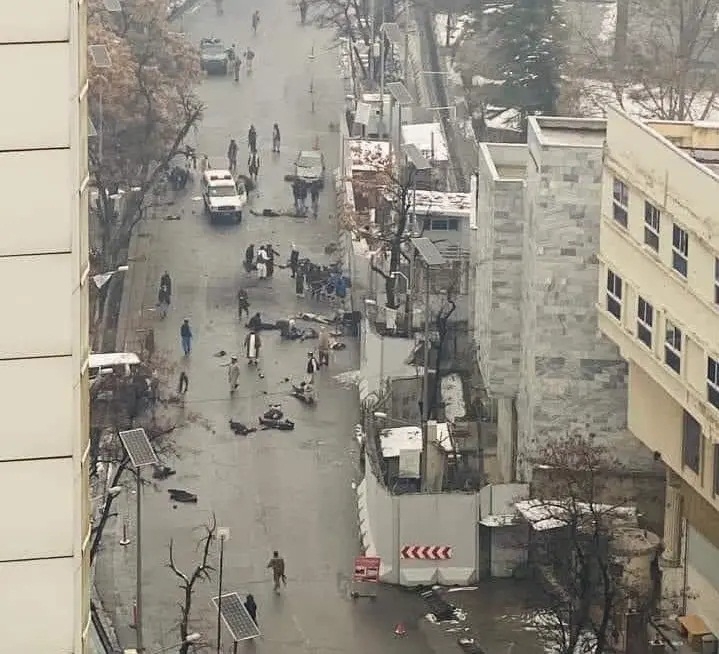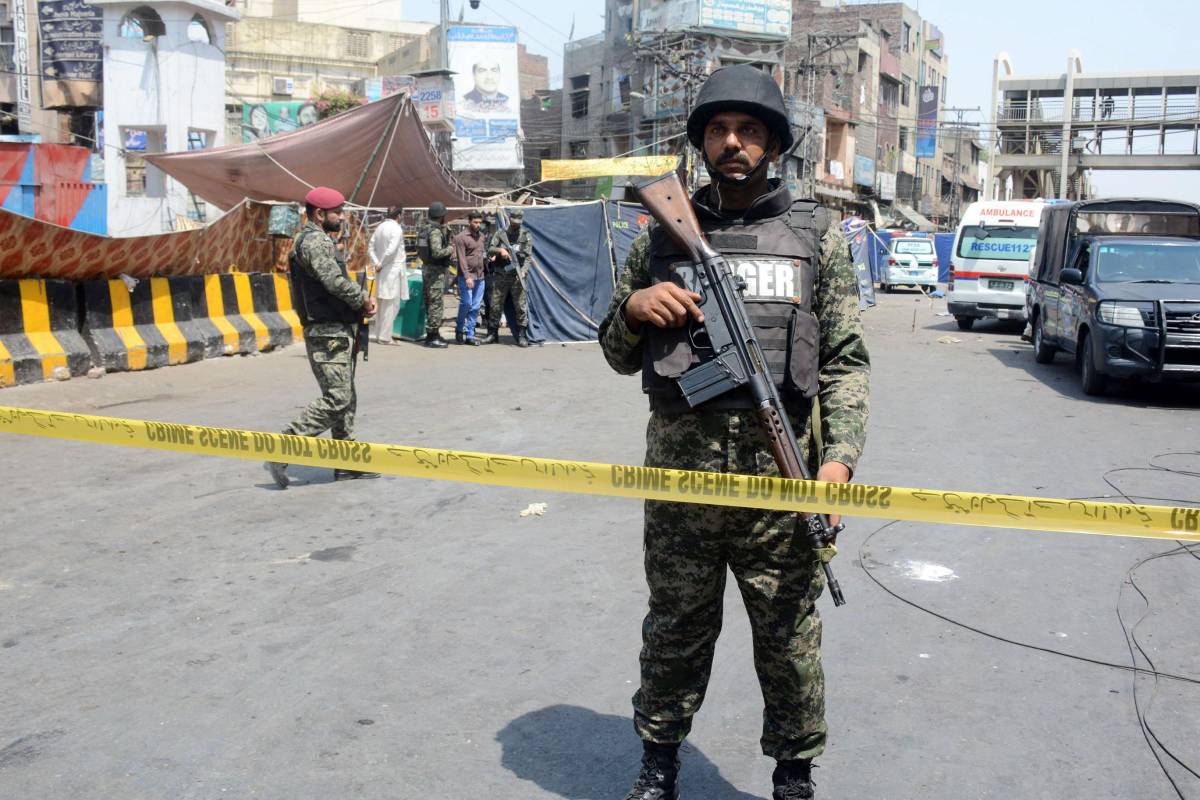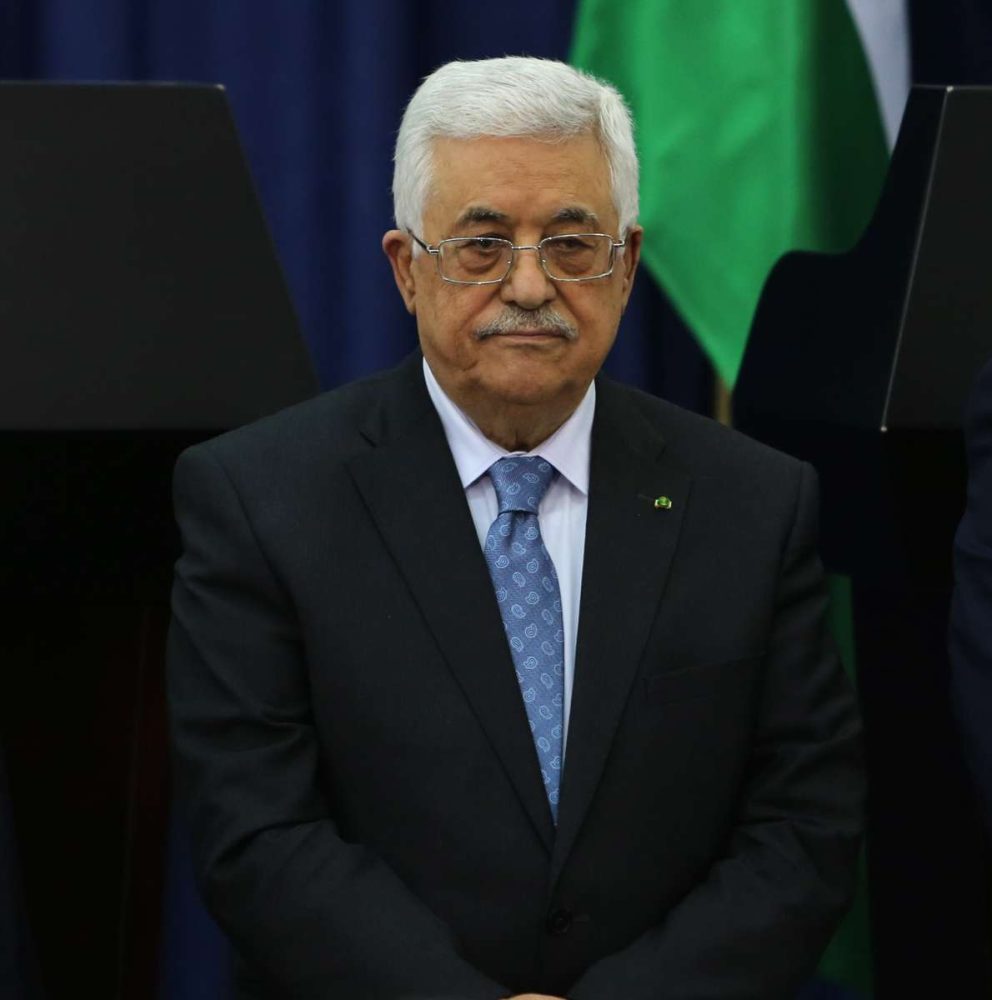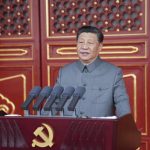The recent suicide attack in Kabul was targeted at a Chinese delegation that was reportedly at the Taliban Foreign Ministry office, reports Rahul Kumar…reports Asian Lite News
The Chinese Foreign Ministry on Thursday urged Afghanistan to take strong and resolute measures to protect Chinese personnel and institutions in Afghanistan.
In a press conference in Beijing, Foreign Ministry spokesperson Wang Wenbin said that “no Chinese citizens were killed or injured in the terrorist attack.” He was referring to the Kabul attack by a suicide bomber which killed around 20 people outside the Afghan Foreign Ministry on Wednesday. A Kabul hospital said that over 40 injured people were brought for treatment.
The Chinese spokesperson added that China hopes the Afghan government can protect institutions and citizens of all countries. Pakistan and Qatar too condemned the attack.
The Islamic State (IS) has claimed responsibility for the attack through its Amaq news agency. The attack was targeted at a Chinese delegation that was reportedly at the Taliban Foreign Ministry office.
The IS justifies its attack pointing to China’s repressive treatment of the Uyghurs Muslim minority in Xinjiang. It is also opposed to Beijing’s relations with the Taliban regime. China was one of the first countries which the Taliban had travelled to for a meeting with then Chinese Foreign Minister Wang Yi in July, 2021 even before the US troops had vacated the country.
This was the second major attack aimed at Chinese interests in Afghanistan in barely a month. The previous attack took place in December when IS militants opened fire at the Longan Hotel injuring five Chinese nationals. The hotel was popular with Chinese businessmen who have been flocking to set up business in the country after the US withdrew from Afghanistan and the Taliban took over the government in August 2021.
China has evinced interest in augmenting investments in the conflict-prone country where it eyes the extraction of oil and rare earth minerals. The land-locked country, sandwiched between Pakistan to its east, Iran to its west and the Central Asian States to its north is desperate to attract investments as the pariah Taliban government unrecognised by world governments desperately needs trade and foreign investment.
Just last week China signed a deal with the Taliban government for oil extraction from the Amu Darya basin in northern Afghanistan. The deal was signed between acting Minister of Mines and Petroleum Shahabuddin Delawar and the China Petroleum Economics and Information Research Centre (CPEIC). As per the agreement, China will invest $540 million in the next three years and is likely to create 3,000 jobs for the locals.
Even though the Taliban has reiterated that it has managed to control violence, there have been a series of high profile attacks in the country. The Islamic State Khorasan Province (ISKP) had recently targeted the Pakistani embassy in Kabul-which too was located in one of the high-security zones of the Afghan capital.
For China the frequent attacks are a mirror of the situation it faces in neighbouring Pakistan, forcing it to recognise the travails of foraying in the killing fields of Af-Pak. Its flagship project, the $62 billion China Pakistan Economic Corridor (CPEC) has run into trouble with numerous attacks on Chinese engineers.
Last year Chinese President Xi Jinping had to remind Pakistani Prime Minister Shehbaz Sharif twice about increasing security for its nationals. Xi spoke about the attacks at the Shanghai Cooperation Organisation (SCO) summit in Samarkand in September and raised the issue the second time in November during Sharif’s China visit.
With a common, though volatile, border with Pakistan, successive Afghan governments have shown interest in joining their country to the CPEC. All-weather friends Pakistan and China also have been trying to extend the infrastructure and connectivity project into Afghanistan.
However, with the region awash with left-over American weapons and numerous shades of terror groups, not to mention complex ethnic relationships in the region, Beijing’s serious commitment to invest in the two highly unstable South Asian nations might come a cropper.
(The content is being carried under an arrangement with indianarrative.com)














